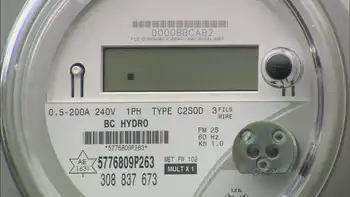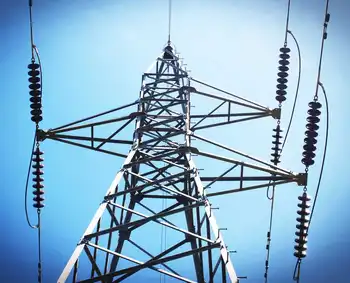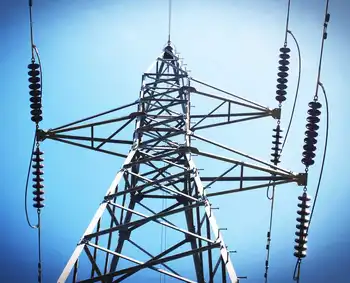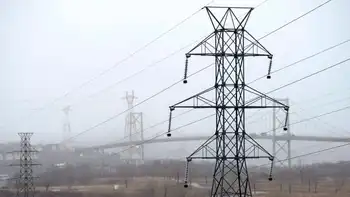Tough UK energy regulation decisions coming
By Reuters
CSA Z462 Arc Flash Training - Electrical Safety Essentials
Our customized live online or in‑person group training can be delivered to your staff at your location.

- Live Online
- 6 hours Instructor-led
- Group Training Available
Energy regulator Ofgem called for radical energy sector reforms recently, presenting five policy packages of various levels of regulation, aimed at encouraging long-term investments in energy security, such as gas storage, and renewable energy projects such as wind and back-up power plants.
"The strong distinction is between those Ofgem models that replace the market with central direction, and those that incentivize the market to invest. The latter is perfectly plausible," Dieter Helm, professor of energy policy at Oxford University and the UK government energy advisor, said.
"There's a silly argument between those who think it's the market or the government. It's never been a question of "or." It's been a question of how policy designs the questions which the market is supposed to answer," he added.
But opinions differ over which of Ofgem's proposals to implement, which range from small tweaks to the existing market arrangement to a complete overhaul that channels all energy infrastructure investments through a central entity.
"There's a spectrum, and at one end is quite radical steps, which some say is an unwinding of privatization, and it's very difficult to know where we're going to land," Bill Eason, director in the UK power and utilities at Ernst and Young, said.
"You could make a centralized buyer model work, but who would make those decisions? You're basically taking those decisions away from the marketplace, which has connotations of central planning, and that hasn't had a good track record in the past."
Most analysts agree that the central buyer option would not be favored, leaving a variety of other reform options such as a minimum carbon price available or increasing fines for power generators that under-supply market contracts.
"In my model, I'm in favor of there being established how much investment is needed, and then the government auctioning the contracts for that. A contract auction would maximize the competition to build the power stations," Helm said.
"I wouldn't let the price determine how much investment is going on, I decide how much investment is going to go on and let the price adjust. This would be a long-term power generation capacity market."
Wide-ranging reforms are seen as inevitable in Britain's energy sector, with both major political parties backing change as a way to stimulate investment in long-term projects.
"There's quite a consensus between the conservatives, the current secretary of state, and now Ofgem that the market designed as it is at the moment will not deliver the investment required," Helm said.
Others expected energy reform to be included in the parties election promises, and be part of the general election campaign expected this year.
"This position in the political cycle is quite good timing, as we're 3-4 months out from the election," Jonathan Robinson, energy analyst at consultancy Frost & Sullivan.
"It gives both the political parties a chance to look into this, to put into manifestos, and whichever party gets in will have to make some decisions."
Swift decision making on reforms was deemed as vital to avoid further delays in investments which could impact capacity in the next decade and beyond.
"It's inevitable there will be a hiatus with existing investment projects but it's key they minimize the delay. The worst outcome would be if they spend a couple of years debating issues," Bill Eason of Ernst & Sullivan said.
Ofgem's reforms were a complete U-turn on previous claims that a free-market approach would provide enough incentives for long-term energy investments.











